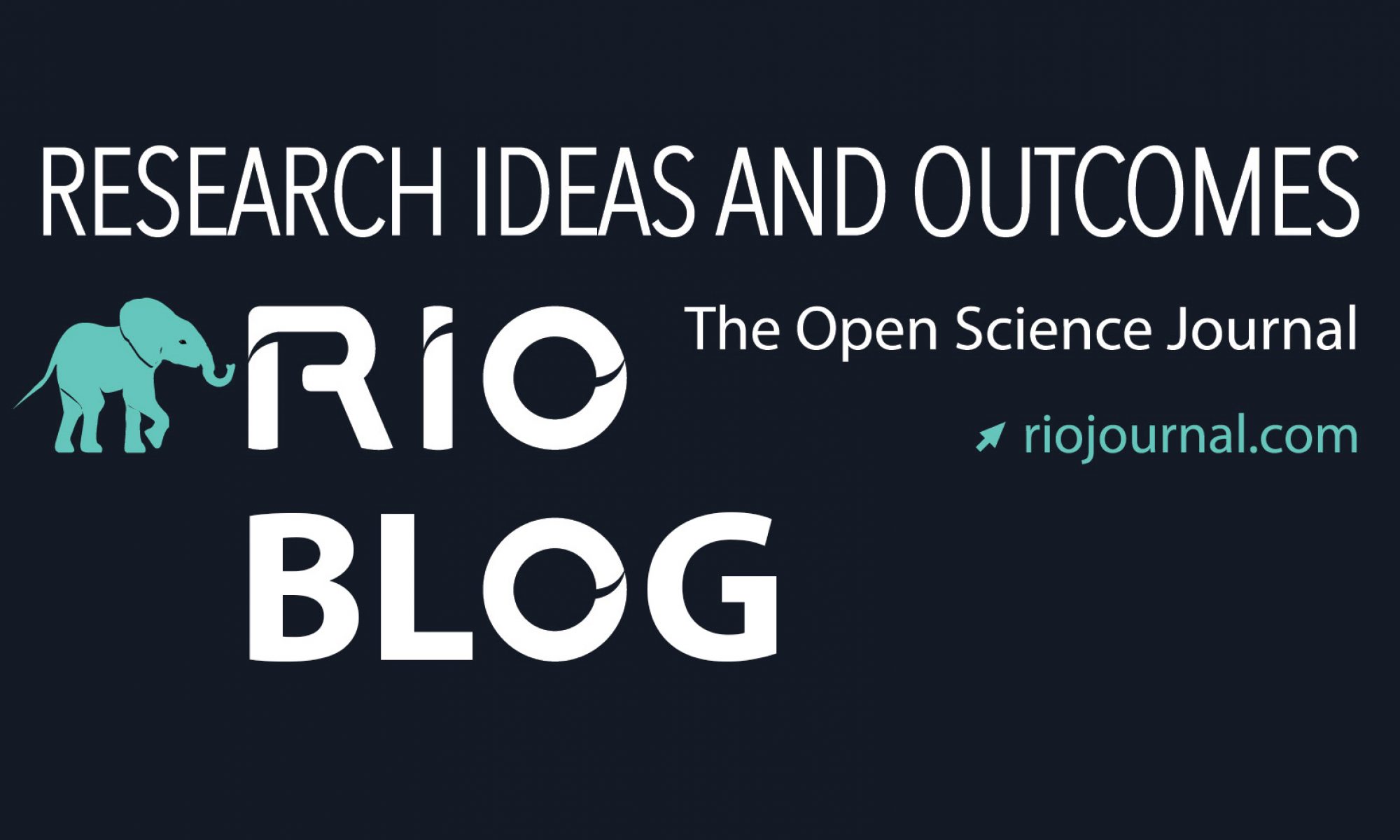For a software to be maintained in an optimal condition, as well as in track of any necessary updates and innovations, it needs to be kept in check constantly. This appears to be the only way for any potential quality problems that may arise to be detected and handled momentarily well before a user can encounter them.
A new grant proposal, addressed to the German Research Foundation (DFG), authored by Prof. Dr. Stefan Wagner, University of Stuttgart, and published in the open-access journal Research Ideas & Outcomes (RIO), suggests a new persistent set of quality control approaches meant to start analysing a software both manually and automatically during its creation and well before it has even been introduced.
The proposed methods, which Prof. Dr. Stefan Wagner envisions as a solution to software quality decay, provide thorough, contextual and focused feedback to the developers, who in their turn need less time and efforts to make sense of the new information. To achieve this, novel tools are to initiate regular analyses even before the implementation of the software changes and go on during the changes.
Previous knowledge and experience from similar problem-detection tools and practices are to be utilised as well. “Contemporary quality models, dynamic slicing and online discussions could even provide rationales for the feedback to support its acceptance and understandability,” explains the German researcher.
A particular issue addressed by the Professor of Software Engineering in his present publication are the so-called ‘co-changes’, which are changes to source code files that need to occur together. For example, if developers introduce a new feature it will cause changes in the functional part of the source code as well as the user interface. Such co-changes can lead to a defect when the change to the user interface is omitted. Giving such information on co-changes is especially useful to give the developers directly while the perform the change.
“Advances in static analysis, test generation and repository mining allow us to give further feedback to developers, potentially just-in-time while performing changes,” Prof. Dr. Stefan Wagner points out. “These analyses have not been incorporated into a joint feedback system that gives focused hints.”
###
Original source:
Wagner S (2015) Continuous and Focused Developer Feedback on Software Quality (CoFoDeF). Research Ideas and Outcomes 1: e7576. doi: 10.3897/rio.1.e7576
###
Additional information:
The DFG is the largest independent research funding organisation in Germany. It promotes the advancement of science and the humanities by funding research projects, research centres and networks, and facilitating cooperation among researchers.
The mission of RIO is to catalyse change in research communication by publishing ideas, proposals and outcomes in order to increase transparency, trust and efficiency of the whole research ecosystem. Its scope encompasses all areas of academic research, including science, technology, the humanities and the social sciences.
The journal harnesses the full value of investment in the academic system by registering, reviewing, publishing and permanently archiving a wider variety of research outputs than those traditionally made public: project proposals, data, methods, workflows, software, project reports and research articles together on a single collaborative platform offering one of the most transparent, open and public peer-review processes.

